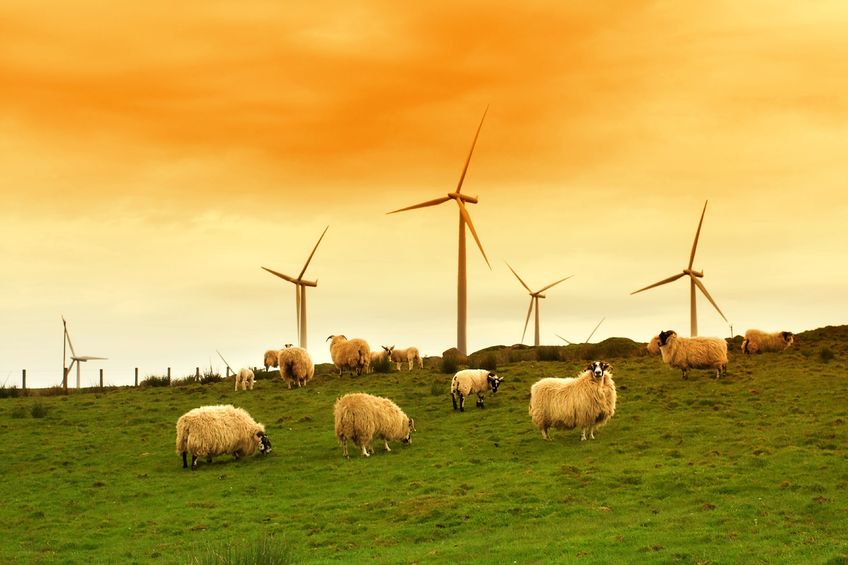
The NFU is encouraging farmers to continue the industry’s progression towards its 2040 net-zero goal amid the launch of the new global ‘Race to Zero’ campaign.
The COP26 campaign aims to mobilise leadership and support businesses. It will run until COP26 takes place in Glasgow, scheduled for 1-12 November 2021.
COP26 President Alok Sharma has urged companies, cities and regions to join the campaign and 'unite behind a green global recovery'.
In particular, the campaign aims to drive a new growth in support of a more inclusive and resilient economy following the Covid-19 pandemic.
Now the NFU has urged UK farm businesses to consider how they could play their part in the national race for a net-zero economy.
Deputy president Stuart Roberts explained that farmers were already seeing the impacts of climate change, as the last six months had seen severe flooding to recent crippling dry spells.
“This year has been unlike any other and we have seen challenges we never anticipated," Mr Roberts said.
"Farmers are still working to overcome the obstacles caused by Covid-19, and while things are unlikely to return to normal any time soon, we cannot put aside our net zero ambition."
He urged farming businesses to 'take action now' so the industry could reach its ambition of producing the 'most climate-friendly food in the world'.
“Climate-friendly farming makes sense for our businesses, and while making changes and investments might not be practical for many right now, we can still work to increase our productivity and measure our progress.
“This campaign is an opportunity to show the world that we are serious about our vision for a world-leading sustainable British farming sector, even in times of great and unprecedented challenges,” Mr Roberts said.
Farmers are aiming to reach net zero greenhouse gas emissions across England and Wales by 2040 as a contribution to a new target of 2050 for the whole of the UK.
It comes as the Committee on Climate Change published its report last year calling for the UK to drastically reduce its greenhouse gas emissions to zero over the next three decades.
The recommendations aim to slash emissions by 80% what they were in 1990. But major changes were needed to meet the new target, the report said.
These include a supply of low-carbon electricity, the introduction of electric vehicles, stopping biodegradable waste going to landfill, increasing tree planting and measures to reduce emissions on farms.
